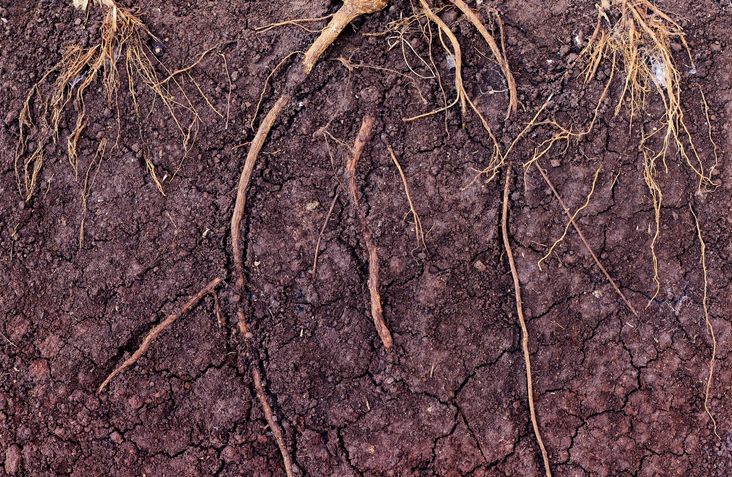Australian startup Soil Carbon Co has rebranded and raised A$40 million ($30 million) in Series A funding, it announced today.
Now named Loam Bio, the Orange, New South Wales-based company inoculates crops with symbiotic microbial fungi that boost the plant’s ability to sequester carbon in the soil they grow in.
Loam’s method of delivery is via seed coating – a “common and simple agricultural practice” which makes the technology easily accessible to farmers, the startup says.
As the seed germinates, the microbes improve the ability of the soil around the root system to store carbon. This is achieved by binding the carbon, which is drawn down by the plant during photosynthesis, with microaggregates within the soil.
The microbes have beneficial secondary effects, too – improving the host plant’s fertility and natural protection against disease, and thereby increasing crop yields, according to Loam.
There is also the tantalizing possibility that farmers using Loam’s seed coatings could translate the resultant stored carbon into revenue by participating in carbon credits markets.
Using microfungi and melanin, this soil carbon startup just raised $6.9 million in a round led by Li Ka-shing’s VC – read more here
Co-founder and CEO Guy Hudson said the startup will use the capital as a “catalyst for global-scale carbon removal.”
“The time for our technology is now. Microbial carbon removal promises to be a key climate change solution because it is cheap, long term, and scalable,” he added in a statement.
“Using our naturally-derived products on crops across the globe will give the world the time it needs to adjust to a low-carbon economy. The entire annual US aviation emissions could be removed if our seed coating was applied to America’s soybean crop.”
Loam’s Series A round was led by Time Ventures, the VC fund set up by Time owner and Salesforce founder Marc Benioff.
“We’re in a climate emergency. While reducing emissions around the world is paramount, Loam, with its powerful vision and promising technology, has great potential to play an important part in decarbonizing the planet,” Benioff said.
Also participating were the Australian government’s Clean Energy Finance Corporation (CEFC); Main Sequence, which is affiliated with Australia’s national R&D agency CSIRO; and VC firms Acre Venture Partners, Grok Ventures, Horizons Ventures, Lowercarbon Capital, and Thistledown Capital.
“The innovative technology that Loam has developed has the potential to significantly decarbonize the atmosphere and improve water retention in soils,” said Ben Gust, executive director at the CEFC’s Clean Energy Innovation Fund.
“This could revolutionize farming methods by improving soil health, building stronger resistance to drought in a changing climate, and playing an important part in accelerating the transition towards net-zero emissions.”





